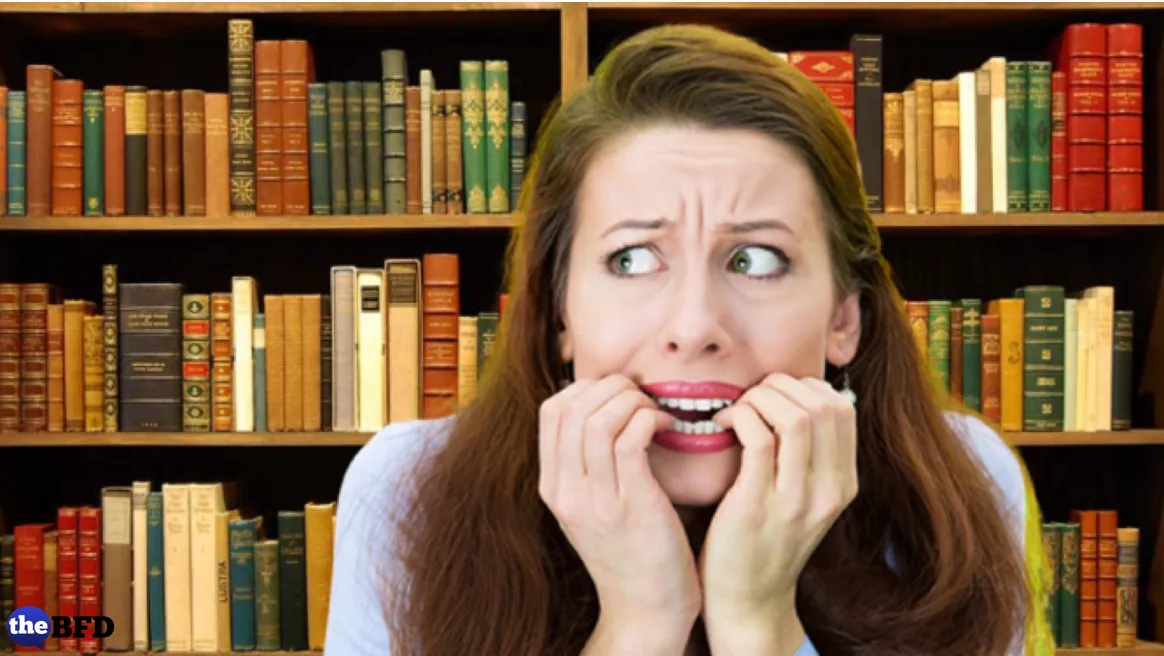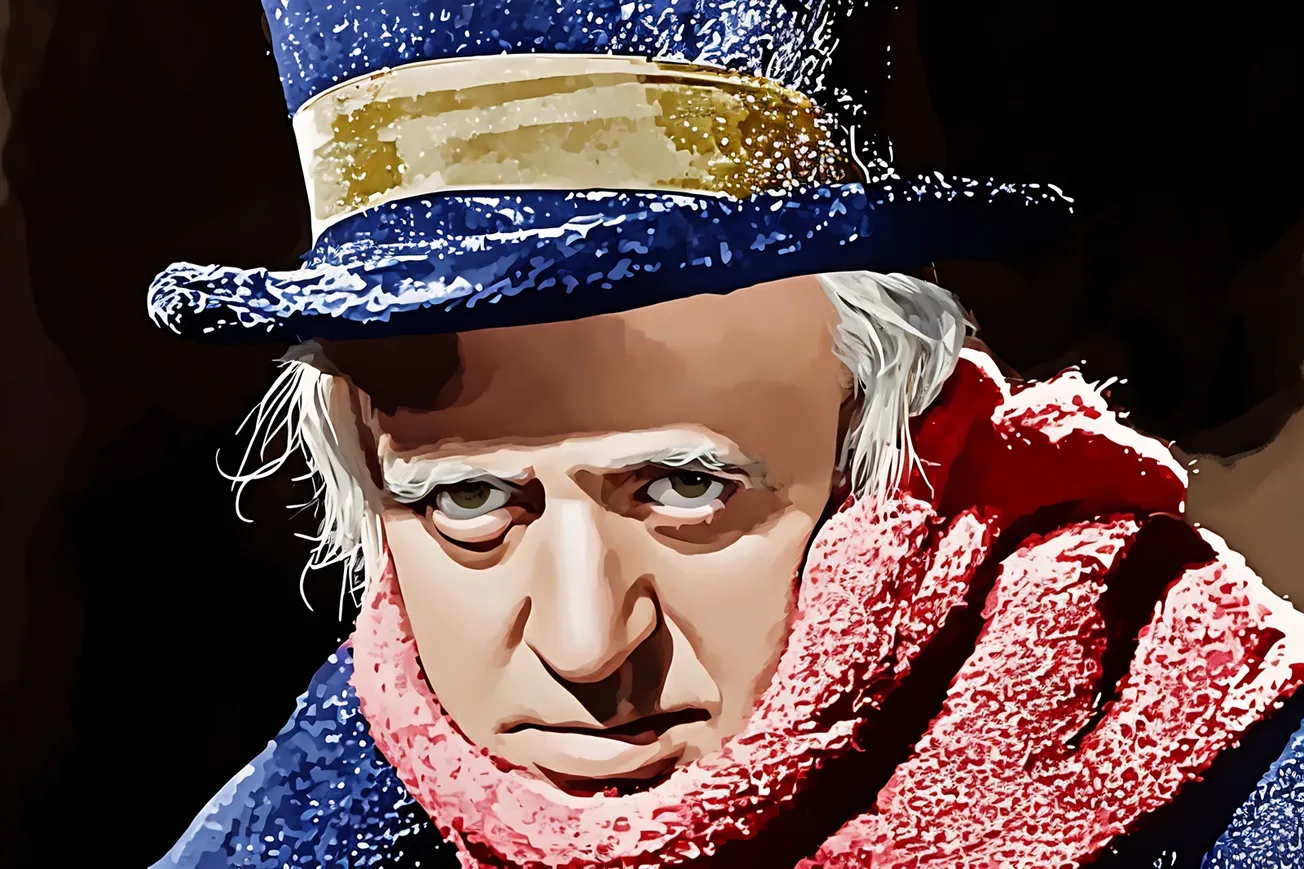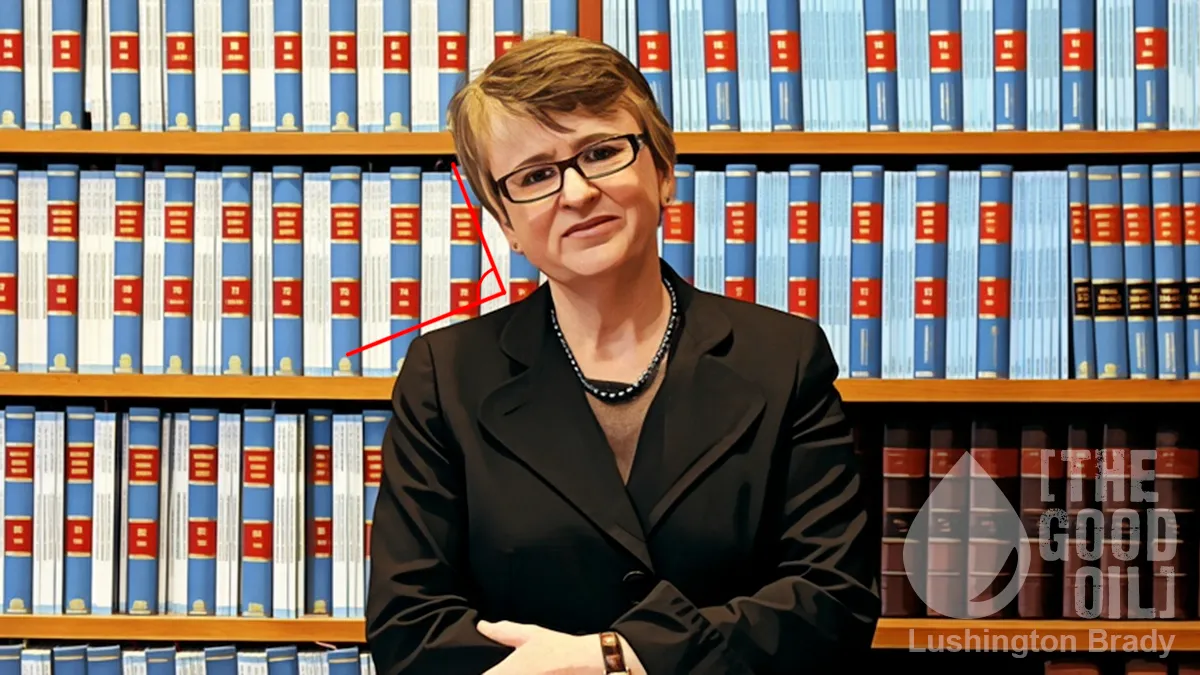Table of Contents
Kurt Mahlburg
mercatornet.com
Kurt Mahlburg is a writer and author, and an emerging Australian voice on culture and the Christian faith. He has a passion for both the philosophical and the personal, drawing on his background as a graduate architect, a primary school teacher, a missionary, and a young adults pastor. Since 2018, Kurt has been the Research and Features Editor at the Canberra Declaration.
Last week I wrote of the decision by Dr. Seuss Enterprises to remove six of the late author’s books from circulation, including his career-launching And to Think That I Saw It on Mulberry Street (1937).
I had no hesitation calling this prima facie evidence of cancel culture. But as you might imagine, I received pushback from those who insisted I was overreacting, and who informed me that such updates are not unheard of and are really quite defensible.
It’s true that over time, our societies have a natural ability to course correct when we become more conscious of our biases and bigotries. Sometimes it’s even in response to an outcry, as was the case with Roald Dahl’s Charlie and the Chocolate Factory (1964). After a few years of circulation, Dahl conceded to his critics and replaced a cast of African pygmy workers with the now-iconic Oompa-Loompas.
We wouldn’t need to look far to find other such examples in the evolving canon of Western literature, particularly in the modern era.
It’s true that some illustrations in the delisted Dr. Seuss books are insensitive and even derogatory by today’s standards. They may well demand a thoughtful conversation with a child growing up in the multicultural melting pots we inhabit today. Great learning could take place about the war-torn world of the mid-20th century, and what it was like before globalisation when people of other cultures were viewed as an exotic “other”.
But I don’t believe these books required delisting. And I’m particularly puzzled by the decision of Dr. Seuss Enterprises to make their announcement on what would have been Theodor Seuss Geisel’s birthday — a day long celebrated, in his honour, as Read Around America Day.
Doubtless, Dr. Seuss Enterprises had no intention of besmirching the man’s good name. But they certainly helped set the cancel culture train in motion.
In his presidential proclamation for Read Around America Day, Joe Biden broke with tradition by not just failing to praise Dr. Seuss, but by opting not even to utter his name. When asked about this, Biden’s press secretary explained that the day was “a chance to celebrate diverse authors whose work and lived experience reflect the diversity of our country.”
Ouch.
Then came the hit pieces from mainstream outlets, such as CNN who removed any nuance from the discussion, summarising that “Dr. Seuss had a long history of publishing racist and anti-Semitic work spanning back to the 1920s”.
And as people were busy assuring me in the comments section of my article that secondhand copies of these books could still be found, with the click of a button eBay banned the sale of these titles on their website — even as Hitler’s Mein Kampf was still listed on their online store.
I am more than happy to be proven wrong about this, but it is my contention that Dr. Seuss has been cancelled.
Libraries around the world will slowly weed out these six titles. The entire Dr. Seuss catalogue, along with the author himself, will be held in increasing suspicion as Critical Race Theory continues its onward march through the West.
And take stock: if this happened to America’s most beloved children’s author, it can happen to anyone.
For me, the conclusive evidence that the Dr. Seuss delistings became part of the now-familiar cancel culture routine is that the decision to delist them was largely prompted by Critical Race Theorists. As The Week recently highlighted,
Much of the current pushback against Dr. Seuss is based on a 2019 paper by Katie Ishizuka and Ramón Stephens that consistently interprets his work in the most negative light and peddles extreme ideological dogma.
Take Dr. Seuss’s 1961 book The Sneetches, which has been widely praised for its anti-racist message: Birdlike creatures with stars on their bellies scorn and bully their plain-bellied cousins until a wily salesman brings a device that can add or remove stars, and all the sneetches change so many times they get thoroughly mixed up and decide to treat everyone equally. But Ishizuka and Stephens attack the poem as insidious because it teaches that colour shouldn’t matter.
This may actually help explain why Dr. Seuss poses a greater threat to the Woke machine than Mein Kampf. Only fringe lunatics take the ramblings of Adolf Hitler seriously today, but Dr. Seuss is still widely read and dearly loved.
The Sneetches teaches children that we should not judge one another by the colour of our skin but the content of our character — which is the opposite of what Critical Race Theory seeks to affirm.
Oh, The Places You’ll Go! is even worse. It promises children the world if they work hard, dream big and keep their heads up through discouragement. That’s a threat to the victimhood narrative essential to the Woke worldview.
It seems Dr. Seuss had it coming.
Please share this article so that others can discover The BFD.









